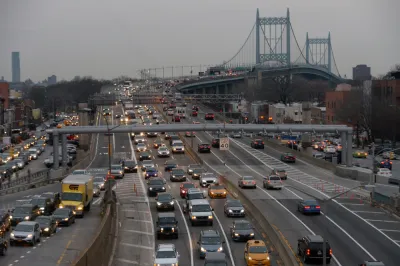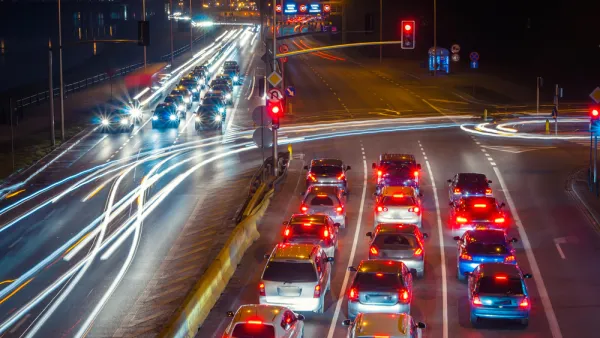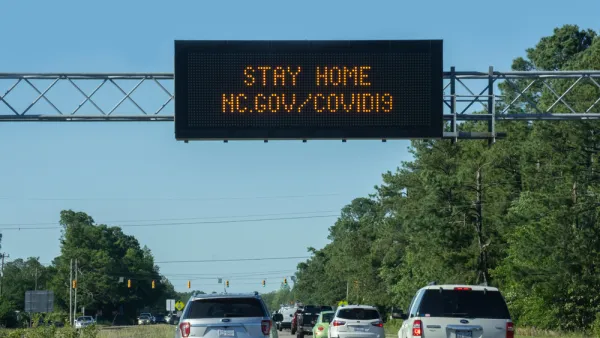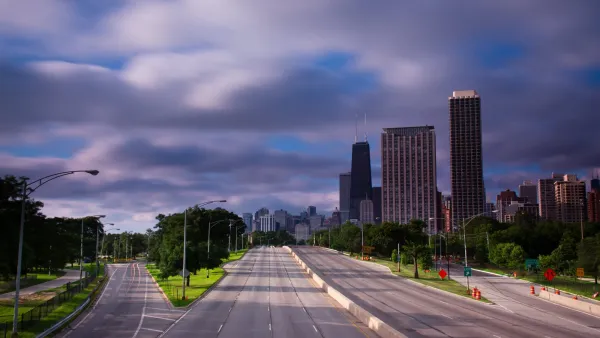Reports last week that the U.S. economy is about 30 percent smaller than before the pandemic aren't reflected in driving trends.

Cailin Crowe shares data from the Trip Reduction Index, created by StreetLight Data and Boston Consulting Group, to track vehicle miles traveled on U.S. roads during the pandemic.
"The index found the national average in VMT dropped 72% from the beginning of March through April 7, but rural counties have now fully recovered to pre-COVID VMT levels while urban counties have reached 90% recovery," according to Crowe.
"The analysis also found that the top three contributing factors to VMT reduction profiles are household income, population density and the number of professional service jobs, which all tend to be more prevalent in urban areas than rural areas."
As the coronavirus has spread, and continued to spread, around the nation, the low point in VMT was achieved on Easter Sunday (April 12). The article notes that with these dramatic changes in the driving patterns of Americans, similar new trends have emerged in bikes, transit, and other mobility services. Recent data reported by the Kinder Institute of Urban Research shows that as VMT has risen again as the pandemic has lingered into its fourth month, infection rates have also risen. While the data stops short of proving any causation, recent research has also served to allay some of the early fears of public transit as a vector for infection.
Specific VMT trends for geographic regions are also pointed out in the source article.
FULL STORY: US roadways nearly restored to pre-pandemic VMT levels

National Parks Layoffs Will Cause Communities to Lose Billions
Thousands of essential park workers were laid off this week, just before the busy spring break season.

Retro-silient?: America’s First “Eco-burb,” The Woodlands Turns 50
A master-planned community north of Houston offers lessons on green infrastructure and resilient design, but falls short of its founder’s lofty affordability and walkability goals.

Delivering for America Plan Will Downgrade Mail Service in at Least 49.5 Percent of Zip Codes
Republican and Democrat lawmakers criticize the plan for its disproportionate negative impact on rural communities.

Test News Post 1
This is a summary

Test News Headline 46
Test for the image on the front page.

Balancing Bombs and Butterflies: How the National Guard Protects a Rare Species
The National Guard at Fort Indiantown Gap uses GIS technology and land management strategies to balance military training with conservation efforts, ensuring the survival of the rare eastern regal fritillary butterfly.
Urban Design for Planners 1: Software Tools
This six-course series explores essential urban design concepts using open source software and equips planners with the tools they need to participate fully in the urban design process.
Planning for Universal Design
Learn the tools for implementing Universal Design in planning regulations.
EMC Planning Group, Inc.
Planetizen
Planetizen
Mpact (formerly Rail~Volution)
Great Falls Development Authority, Inc.
HUDs Office of Policy Development and Research
NYU Wagner Graduate School of Public Service





























